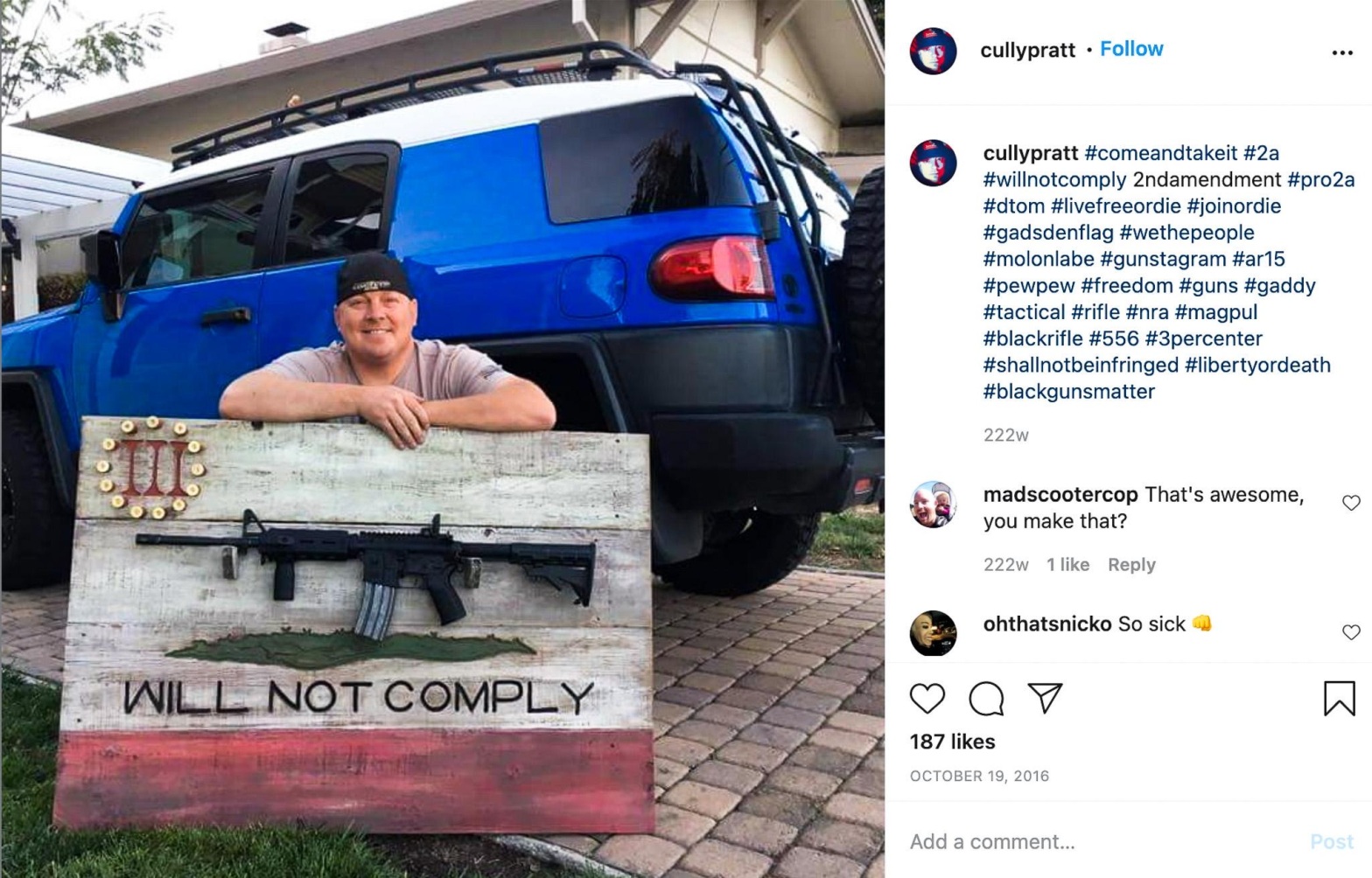by Scott Morris | July 12, 2021
VALLEJO – An oversight body recommended that Solano County law enforcement officials monitor officers’ social media postings for extremist support, something that none of the six agencies polled currently do. The Solano County Civil Grand Jury’s most recent report, released June 30, also found that while each law enforcement agency in the county met the legal minimum for bias training, more training was necessary.
The report stated that the grand jury started looking into the issue of bias in police departments last year, when protests over the police murder of George Floyd swept the nation. Its review, however, omitted the Vallejo Police Department because multiple reviews were already underway, including by the state Department of Justice, and the grand jury “chose to defer to the more experienced investigators.”
The scope of its review expanded in January after far-right extremists mobbed the U.S. Capitol in Washington, D.C. in an attempt to stop the counting of votes in the presidential election. A month later, members of Benicia Black Lives Matter filed a complaint, asking the grand jury to examine the apparent support for Three Percenters among the sheriff’s employees.
The report noted that an investigative report by this reporter from February revealed that at least three members of the Solano County Sheriff’s Office had displayed support for the Three Percenter anti-government militia, one of the groups involved in the Capitol attack.
“We would like the grand jury to investigate the history of right-wing extremism within the Sheriff’s Office and how this may have contributed to racialized and biased treatment within Solano County, including disenfranchisement of Black and Brown communities,” Benicia Black Lives Matter co-founder Brandon Greene wrote in the complaint.
The grand jury did not, however, directly investigate the displays of Three Percenter support in the sheriff’s office. The sheriff’s office did not respond to a request for comment on the report.
The report notes that state requirements under the Commission on Peace Officer Standards and Training only requires officers to undergo bias training every five years. All the agencies surveyed met that minimum legal requirement, but acknowledged the training should happen more often, and said they lacked the resources to do so.
The report also inquired whether the departments were complying with a new state law passed last year, which requires all law enforcement agencies to change the job description for new hires to emphasize “community-based policing, familiarization between law enforcement and community residents, and collaborative problem-solving while de-emphasizing the paramilitary aspects of the job.” As of the report’s publication, none of the departments had fully implemented the new law.
The sheriff’s office, which also runs the Rio Vista Police Department, was only in the “beginning stage” of implementation, the grand jury found. “They also say they are not and never have been militaristic,” the report added. “They are more about community policing.”
The report also said that, “Each police administrator expressed deep concern about the lack of trust in the community for law enforcement.” The grand jury cited several reasons for this, including conclusions from President Barack Obama’s Task Force on 21st Century Policing report, which found that negative contacts from law enforcement may discourage some people from becoming police officers. “In addition, retaining under-represented people can be difficult,” the grand jury report said. “Some have a hard time adjusting to the culture of law enforcement.”
That culture can include far-right extremist elements, which were exposed in part during the attack on the Capitol. According to the Associated Press, at least 31 police officers in 12 states were investigated for their role in the riot. The FBI has long investigated infiltration of right-wing extremism in law enforcement agencies.
However, while the grand jury found that law enforcement agencies in Solano County vet new hires for extremist ties, none had any mechanism to monitor for extremism within their ranks, instead relying on complaints from citizens or colleagues.
The grand jury report said that each law enforcement agency confirmed with the FBI that none of their employees were being investigated for participating in the attack on the Capitol. For the sheriff’s office, where at least three sergeants and a deputy have openly displayed support for the Three Percenter militia, the grand jury report states, “they claimed that the FBI advised them no Sheriff’s Office employees are on their ‘watch list’ for involvement in any extremist organizations.” The FBI has since disputed that it cleared all the sheriff’s employees of extremist ties.
The grand jury recommended that all law enforcement agencies in the county increase the frequency of bias trainings, seek funding for that purpose, find ways to recruit and retain more under-represented people in law enforcement, and ensure training de-emphasizes a paramilitary approach in favor of collaborative problem solving. It also recommended that the agencies find ways to monitor for extremist infiltration and extremist support on social media “without violating first amendment rights.”
Scott Morris is an independent journalist in Oakland covering policing, protest and civil rights. If you appreciate his work please consider making a contribution.

3 thoughts on “Solano cops should monitor for extremist infiltration, oversight body report finds”